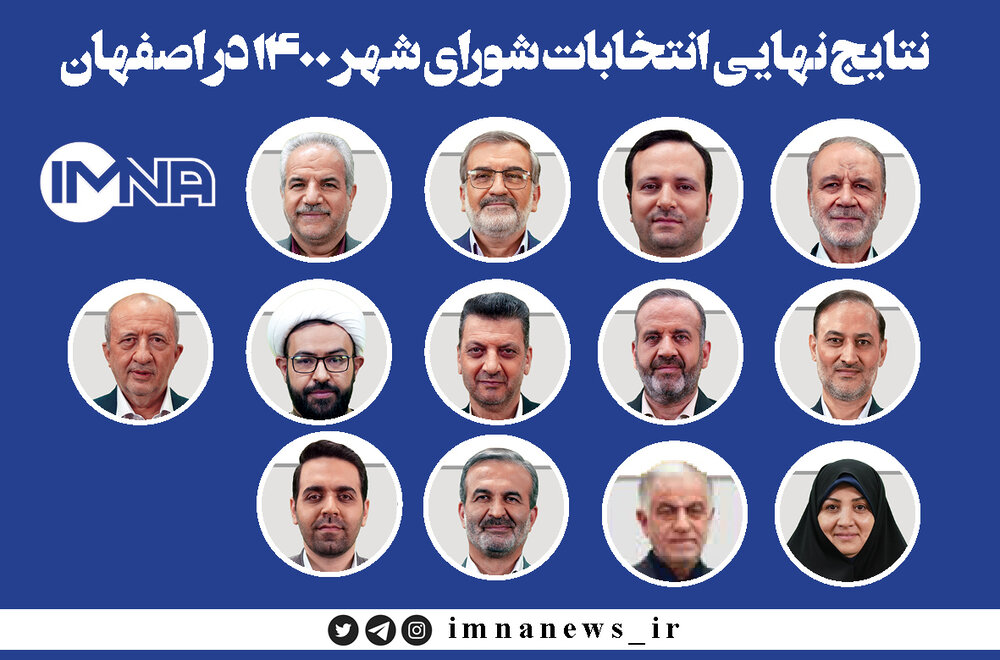Iran (IMNA) - While the presidential contest is affecting other political processes, the local council polls also play a significant role in shaping economic and social developments over the next four years. Indeed, Islamic city councils and municipalities of large cities often act as platforms for executing political decisions at the regional and national level.
On June 18, Iranians not only cast their votes for presidential election, but they also elected more than 100,000 city, county, and village council members throughout the country. These elected representatives play a leading role in planning and managing policies that directly impact the future of their constituents in each municipality.
By and large, voters’ turnout in city council elections tend to be high. As indicated by the number of past participants, the city council elections have the potential to get out the vote and promote election fervor.
At first glance, city council elections may appear much less important than the presidential election, but the city and village council members have a clear and quick impact on the daily lives of Iranians as they have the power to appoint and dismiss mayors, approve and allocate municipal budgets, and give permissions to development projects. Furthermore, city council elections have also facilitated the political power shift among various political parties at the national level.
The name of newly elected members of the sixth round of Islamic City Council of Isfahan by their popular votes reads as follow;
1. Majid Naderolasli 100746
2. Gholamhossein Sadeghi renani 94010
3. Rasoul Mirbagher 93031
4. Mohammad Reza Fallah 89493
5. Mohammad Nour Salehi 88357
6. Ahmad Reza Mosavar 84646
7. Abolfazl Ghorbani 79116
8. Farzaneh Kolahdouza 76601
9. Seyyed Amir Same 75609
10. Mostafa Nabati Nejhad 75054
11. Manouchehr Mehravi Pour 74094
12. Abbas Hajrasouliha 71277
13. Ali Salehi 70882



Your Comment